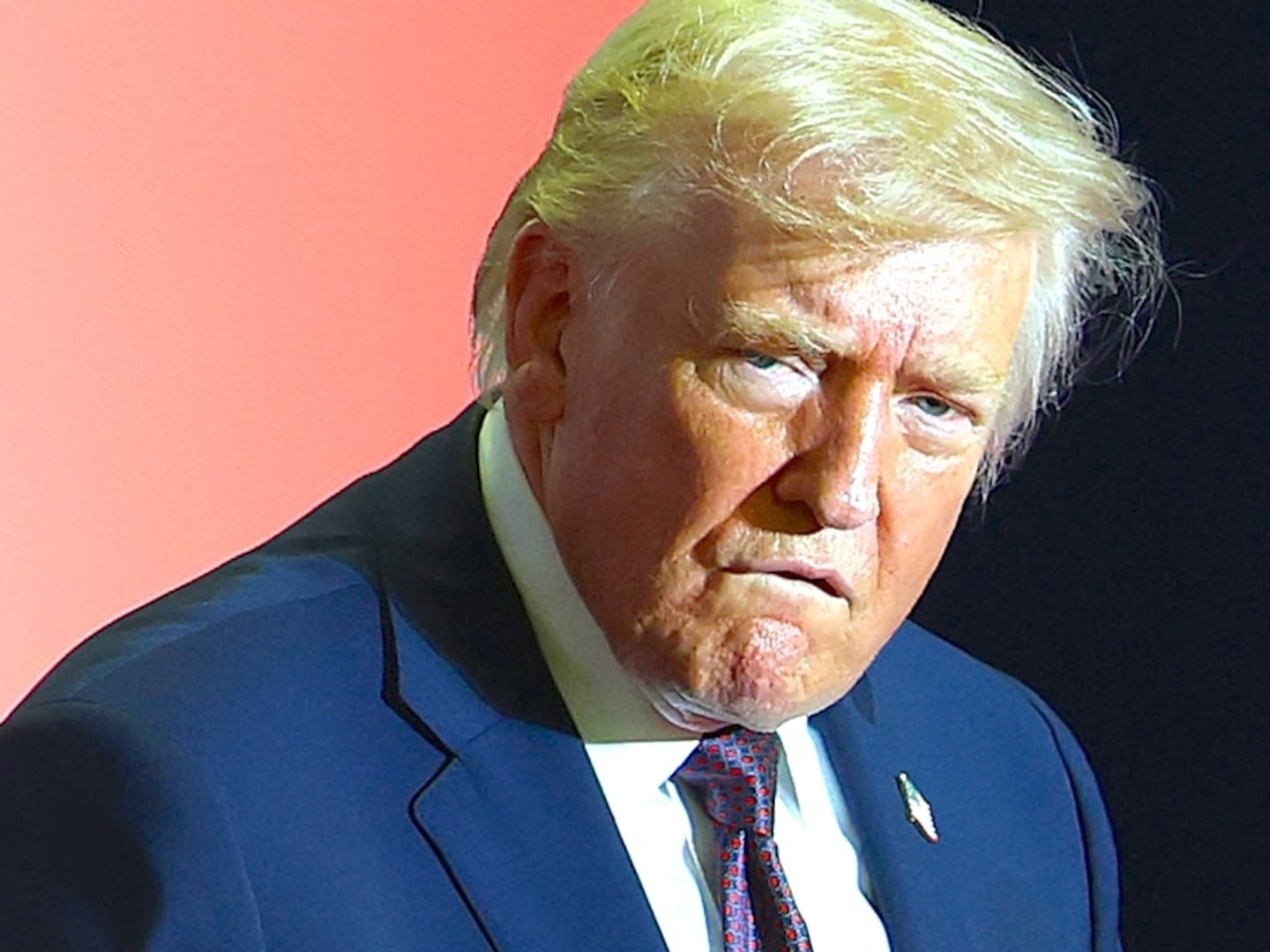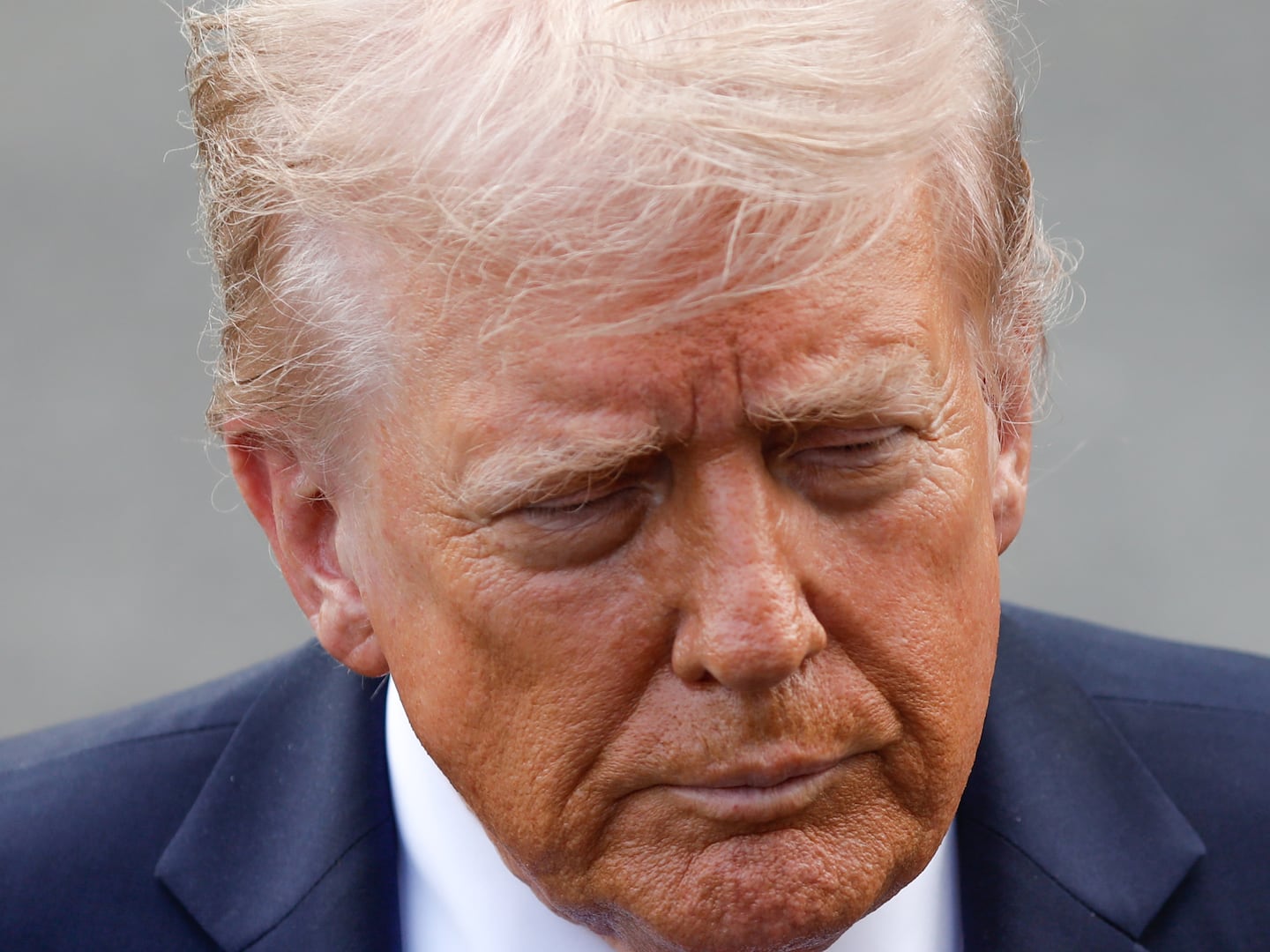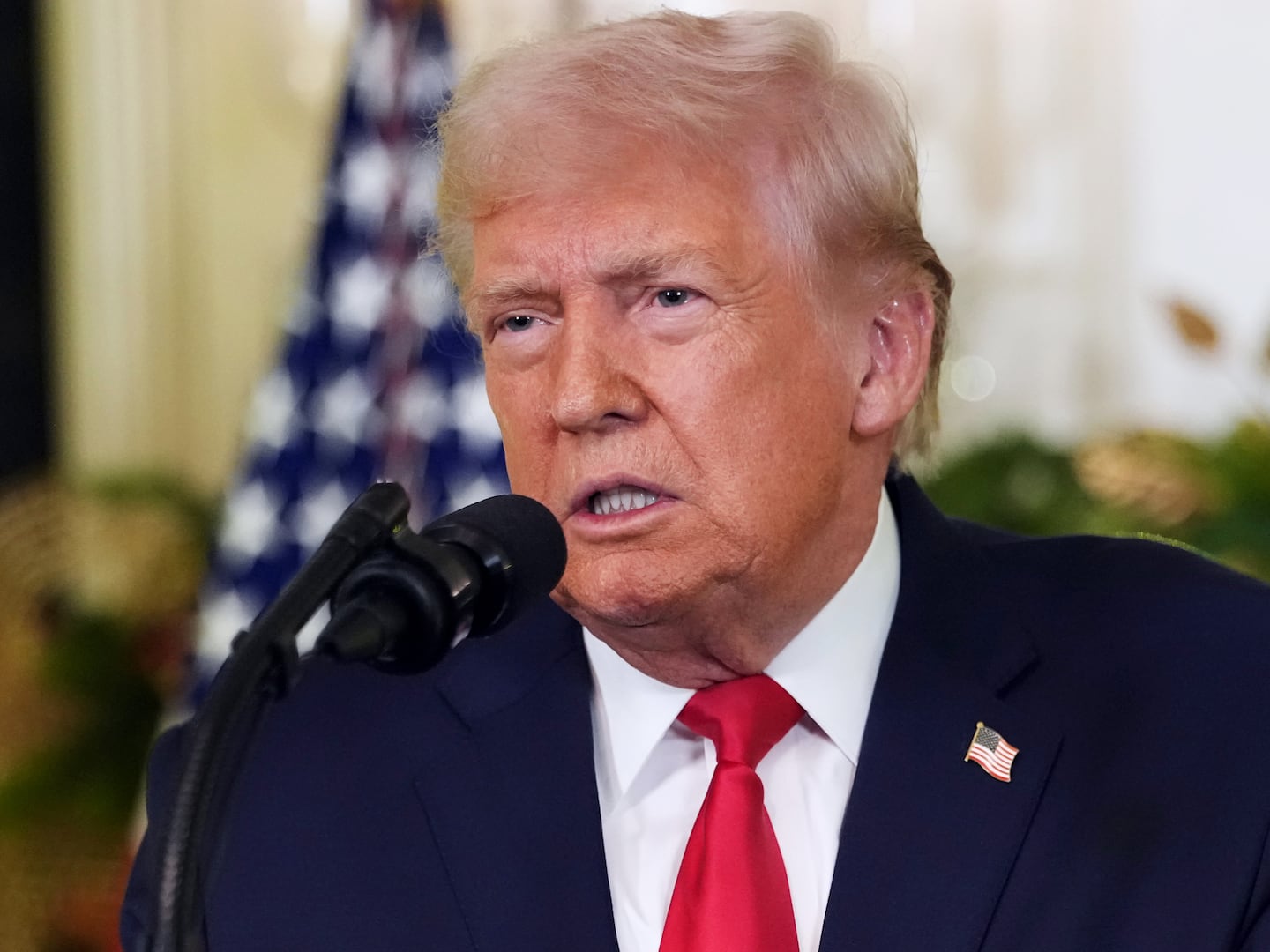China’s central bank ordered the biggest banks to set aside more cash reserves on Sunday, reducing the amount of money available for loans, in an effort to slow the country’s economy, and keep the country’s growth engine from generating too much inflation. On Friday, China announced that the economy was growing at an annual rate of 9.7 percent. High inflation hurts China’s ability to create low-cost exports for the world. At the same time, if the government’s attempts to fight inflation hurt the economy, it would be bad for the outlook of international business that had been counting on China’s runaway growth. In the past six months, Beijing has tightened restrictions on bank lending, and raised interest rates on loans and deposits. Analysts say that while this has caused growth to slow slightly, it has actually made inflation worse. China’s current boom began in 2009, during the global financial crisis, when the government moved to increase growth with a $585 billion stimulus package.
Read it at The New York Times





